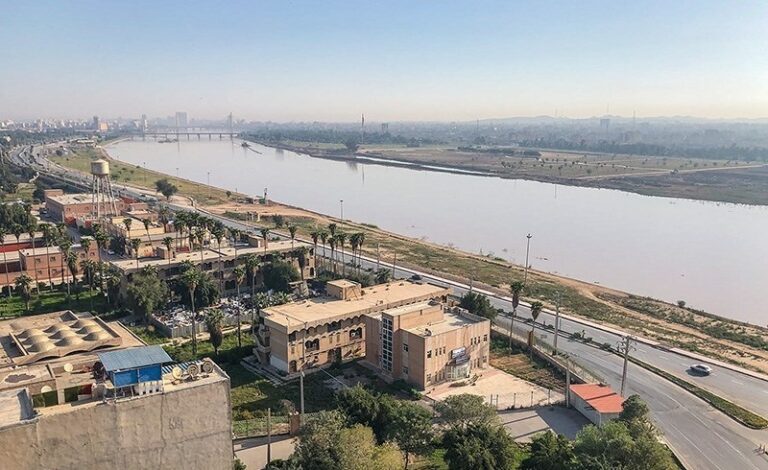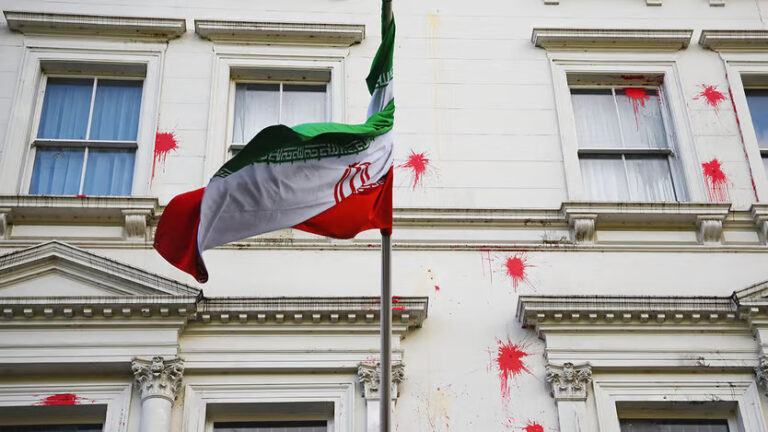By Patrick Goodenough, International Editor
(CNSNews.com) – After a flurry of diplomacy and statements last week indicating that sanctions against Iran were back on the international community’s front burner, the U.N. Security Council has released an agenda for the month of April that excludes Iran altogether.
Iran’s suspect nuclear program features in neither the council secretariat’s “provisional program of work” for April nor its “tentative forecast” for April.
A week ago, President Obama said he wanted to see the Security Council put a new Iranian sanctions regime in place in weeks rather than months, and China’s reported shift towards a willingness to consider sanctions briefly dominated news headlines.
Strong statements from the U.S., France, Britain and Germany – not a Security Council member but also heavily involved in the Iran negotiations – added to the impression of building momentum.
But Japan’s ambassador to the U.N., Yukio Takasu, said no council meetings on Iran had been scheduled for April, the month during which Japan holds the rotating presidency.
Takasu said non-proliferation – especially the cases of Iran and North Korea – was very important to Japan and most other council members. It could be taken up during April but no meeting had been set, although “some” council members wanted to see action on Iran as soon as possible, he said.
Among the topics that are on the council’s agenda for April are Iraq, Haiti and the Palestinian issue. The council is also traveling to the Democratic Republic of the Congo, Uganda and Rwanda April 16-23.
If April ends without a draft Iran resolution on the table, the prospects for May, when Lebanon assumes the presidency and sets the agenda, are uncertain.
While Japan has supported earlier Iran sanctions resolutions and is expected to do so again, Lebanon is leery of sanctions, not least of all because the Iranian-allied Shi’ite militia Hezbollah is part of Lebanon’s “unity” government.
Mexico, which is thought likely to vote for a sanctions resolution, holds the presidency in June.
The council comprises five permanent (the U.S., China, Russia, Britain and France) and 10 temporary members. To pass, a resolution needs at least nine members’ support, and no veto by a permanent member.
China has long resisted calls for new sanctions but the Obama administration said last week it was now willing to enter talks on the subject. Beijing has yet to confirm this publicly.
Neither China nor Russia is expected to agree to a tough sanctions regime, so discussions will likely drag out. Three previous rounds of Security Council sanctions against Tehran were watered down in order to get China and Russia on board.
In its continuing efforts to rally support in the international community, Iran has announced plans to host a conference on nuclear issues this month.
Saeed Jalili, Iran’s nuclear negotiator who visited Beijing late last week, said Sunday that China has agreed to attend the event, to be called “Nuclear Energy For All, Nuclear Weapons For None.”
Iran denies Western charges that its nuclear energy program has a covert military purpose. Many Islamic and developing countries have backed Tehran’s right under the nuclear Non-Proliferation Treaty to have a nuclear energy program, despite International Atomic Energy Agency (IAEA) concerns of non-cooperation.
Iran will be hoping to get as many supportive countries as possible to attend its April 17-18 conference, as a show of strength just days after Obama hosts a nuclear security summit of world leaders in Washington next week.
Iranian foreign ministry spokesman Ramin Mehmanparast said a list of countries planning to attend the meeting would be announced later.
He said the conference theme underlined the “right of all nations” to use nuclear energy for peaceful purposes, while no nation should be allowed to use nuclear weapons.
“The West will never be able to convince the rest of the world to halt the pursuit of nuclear weapons programs unless it takes the lead in a new non-proliferation and disarmament movement,” commented the Keyhan newspaper, whose editor is appointed by supreme leader Ayatollah Ali Khamenei.
The paper said that nuclear powers must “look at issues of global disarmament and security as pieces of the same puzzle. To start with, they should be sitting at the front seats of the forthcoming nuclear disarmament conference in Tehran.”
Source: CNSNews.com











+ There are no comments
Add yours